Ma Long, a legendary figure in the table tennis arena, has mysteriously disappeared from the international rankings without any fanfare. This raises curiosity: as the "flagship" of Chinese table tennis, why did he choose to exit quietly without issuing a statement or explanation? Is it due to his low-key personality, or are there deeper reasons at play? In contrast to his teammates Fan Zhendong and Chen Meng, who faced the public head-on when announcing their withdrawals by releasing statements to address public opinion, Ma Long's approach seems to conceal a silent storm.

The attention surrounding Ma Long's withdrawal is not only due to his status but also the timing's sensitivity. Recently, Fan Zhendong and Chen Meng's withdrawal from international competitions sparked a media frenzy, with criticism and speculation flooding the internet. In comparison, Ma Long's approach was much lower-key; he neither released a statement nor provided any external explanations. This choice indeed reduced the public scrutiny he faced and diverted attention away from him.
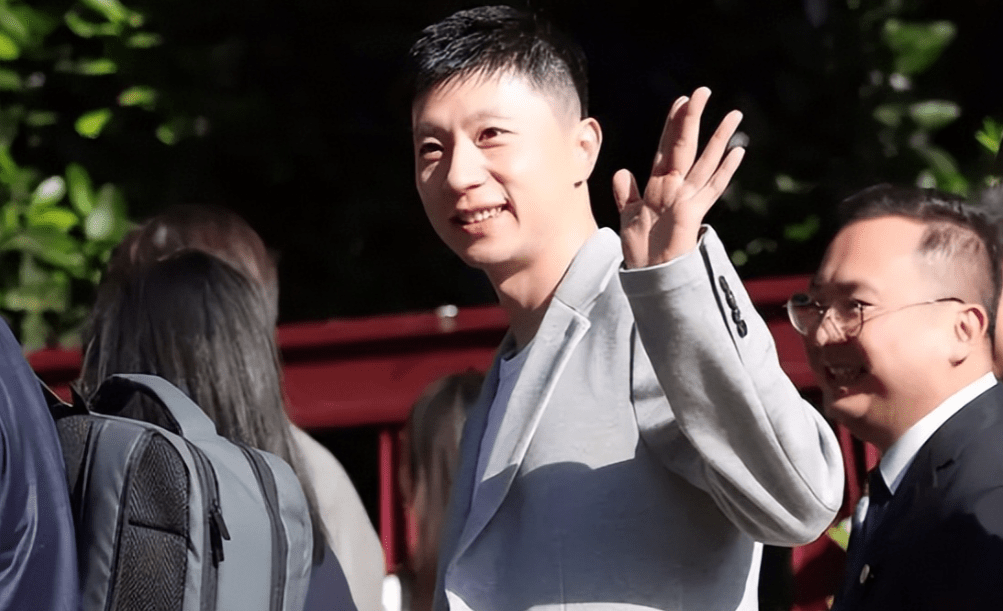
But is this merely a simple act of "being low-key"? After netizens uncovered more information, it was discovered that Ma Long had business collaborations with Liu Guoliang, Ma Lin, and others, with all parties investing in a company called Beijing Track Catering Management Co., Ltd. From this perspective, Ma Long's withdrawal may not just be for the overall image of the national table tennis team but might involve other profound considerations.

When discussing the commercialization of the national table tennis team, one cannot overlook Liu Guoliang. He is not only the spiritual leader of the team but also the "mastermind" behind its commercial endeavors. In recent years, Liu Guoliang, through his wife Wang Jin's educational technology company and his personal resource integration, extended the influence of the national table tennis team into the commercial realm.

For instance, Liu Guoliang co-founded "Qin Jian Educational Technology Company," focusing on sports education and training. Meanwhile, Beijing Track Catering Management Co., Ltd., which features a "sports-themed restaurant" concept, attracted investments from several current and retired national table tennis players, including Ma Long and Ma Lin. These actions, though seemingly side businesses, reflect Liu Guoliang's commercial ambitions beyond sports.
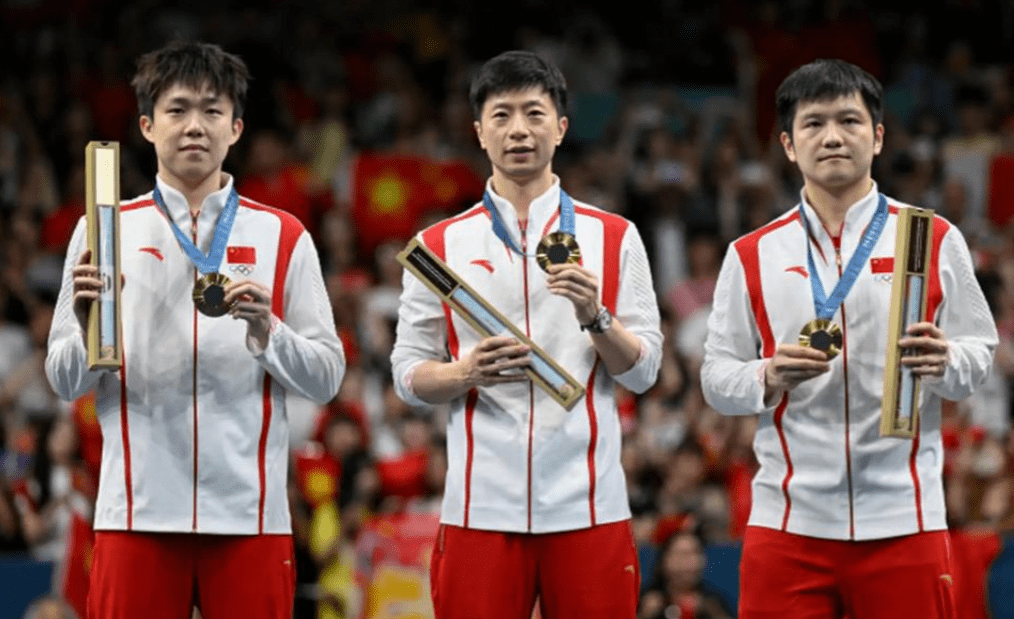
Such commercial ventures also provide additional security for retired athletes. For example, after retiring, Ma Lin transitioned into coaching while also accumulating wealth through investments in the catering industry. However, this deep-seated interest binding can also raise questions: when commercial interests intertwine with management decisions within the national table tennis team, could it affect fairness and independence within the team?
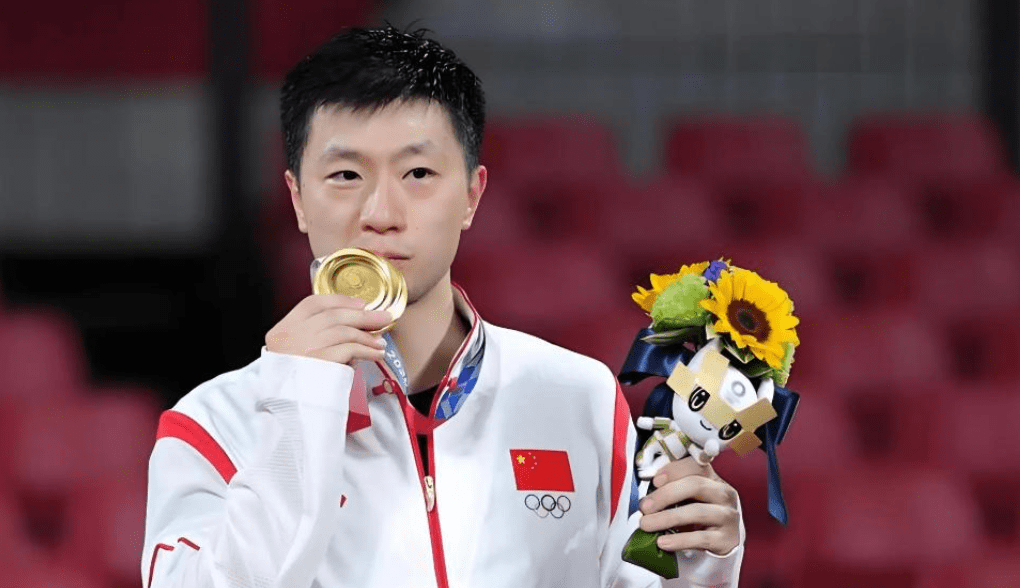
If Liu Guoliang's commercial empire represents the "upper echelons," then Track Hotpot is the most down-to-earth aspect. Track Hotpot is not just a restaurant but also a microcosm of the national table tennis culture.
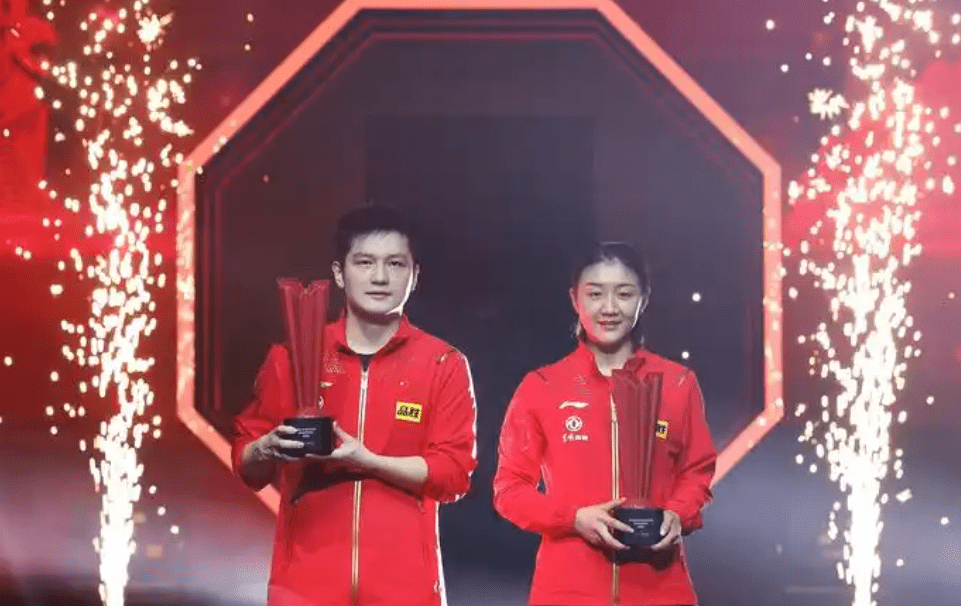
Many fans may not know that table tennis players have a particular fondness for hotpot. One player jokingly said, "We can eat hotpot three to four times a week; Track Hotpot is a staple!" Whether during intense training periods or post-match relaxation times, hotpot has become an essential bond among teammates.
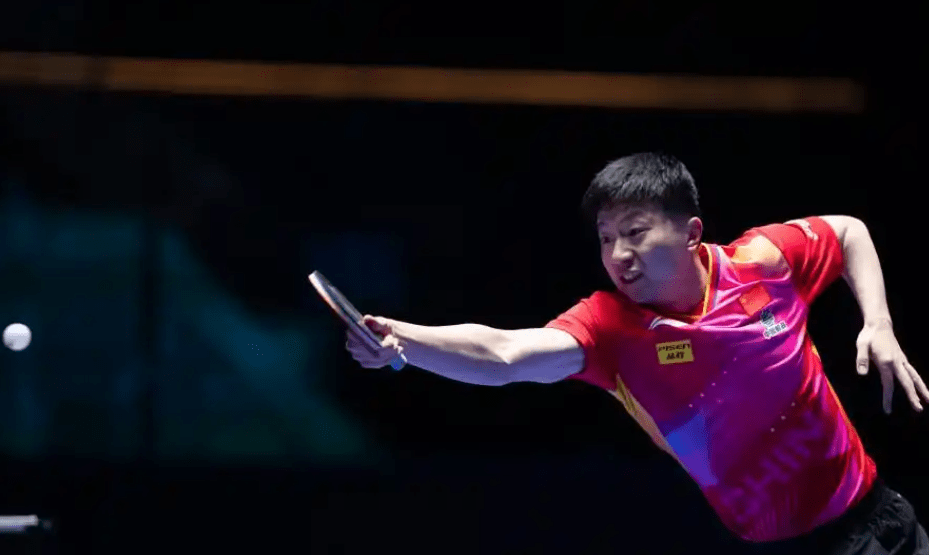
As a sports-themed restaurant, Track Hotpot naturally draws a large number of fans. The restaurant is adorned with photos and signatures of the players and even hosts interactive events with fans. This not only enhances the brand's influence but also provides fans with a more personal understanding of the national table tennis team.
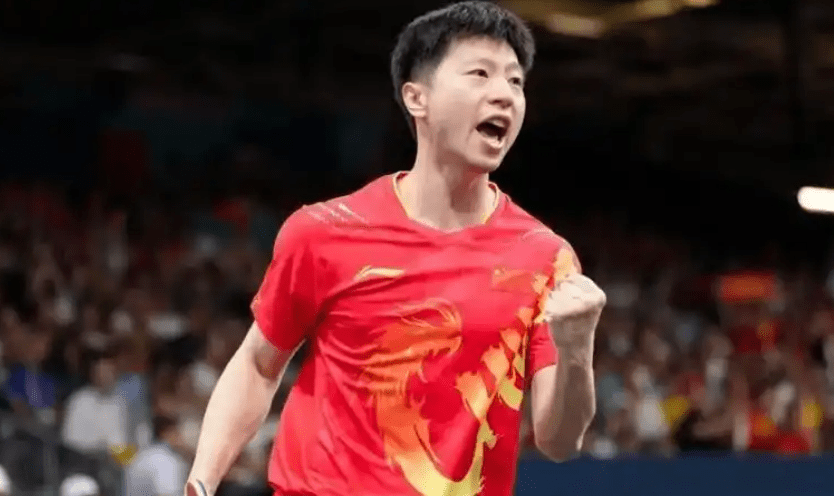
However, as a commercial entity, Track Hotpot also carries the complex relationship of being tied to the interests of the national table tennis team. When coaches and players become shareholders, there are inevitably more questions about the transparency of internal team management. For example, could Ma Long's withdrawal be related to the arrangement of these commercial interests? Further interpretation is needed to understand this fully.
In recent years, the trend of commercialization in the Chinese national table tennis team has become increasingly evident. From Liu Guoliang to Ma Long and Ma Lin, they are not only representatives of the national table tennis team but also key drivers of many commercial projects. Such transformations undoubtedly bring numerous opportunities:
-
Post-retirement Security: Commercialization provides athletes with additional sources of income after retirement. For instance, Ma Lin accumulated substantial wealth through investments in the catering industry, instilling confidence in many young players for their future.
-
Extension of the National Table Tennis Brand: Projects like Track Hotpot not only enhance the brand image of the national table tennis team but also introduce table tennis culture to more ordinary people.
However, risks accompany these benefits. For example, commercial interests may interfere with professional sports. Imagine a scenario where coaches and players are also business partners; how can we ensure that every personnel arrangement and competition decision is fair?
Moreover, the public pressure brought by commercialization cannot be overlooked. Fan Zhendong and Chen Meng's withdrawal has already raised concerns about the transparency of decision-making within the national table tennis team. While Ma Long's quiet exit avoided direct conflict, it also piqued public curiosity about the truth behind the scenes.
Ma Long's exit is indeed astute. Unlike Fan Zhendong and Chen Meng, who faced the brunt of public opinion, he protected his and his team's overall image through a low-key approach. Perhaps this is the "silence strategy" in crisis public relations.
However, this strategy comes at a cost. As a public figure, Ma Long's "silence" might be interpreted by some as "avoiding issues." Compared to Fan Zhendong's courageous statement, Ma Long avoided direct conflict but also missed out on communicating with the public.
Looking ahead, Ma Long's decision may be more closely related to his personal planning. As a 33-year-old veteran, his career is nearing its end, and withdrawing from international rankings may be preparation for a transition. His deep commercial collaboration with the national table tennis team also offers more possibilities for his future life.
Ma Long's withdrawal is not simple, but it is also not unjustifiable. In today's increasingly commercialized sports world, the national table tennis team needs to find a balance between professionalism and commercial interests. How star athletes position themselves amidst public opinion, careers, and commerce may well be the epitome of our times.